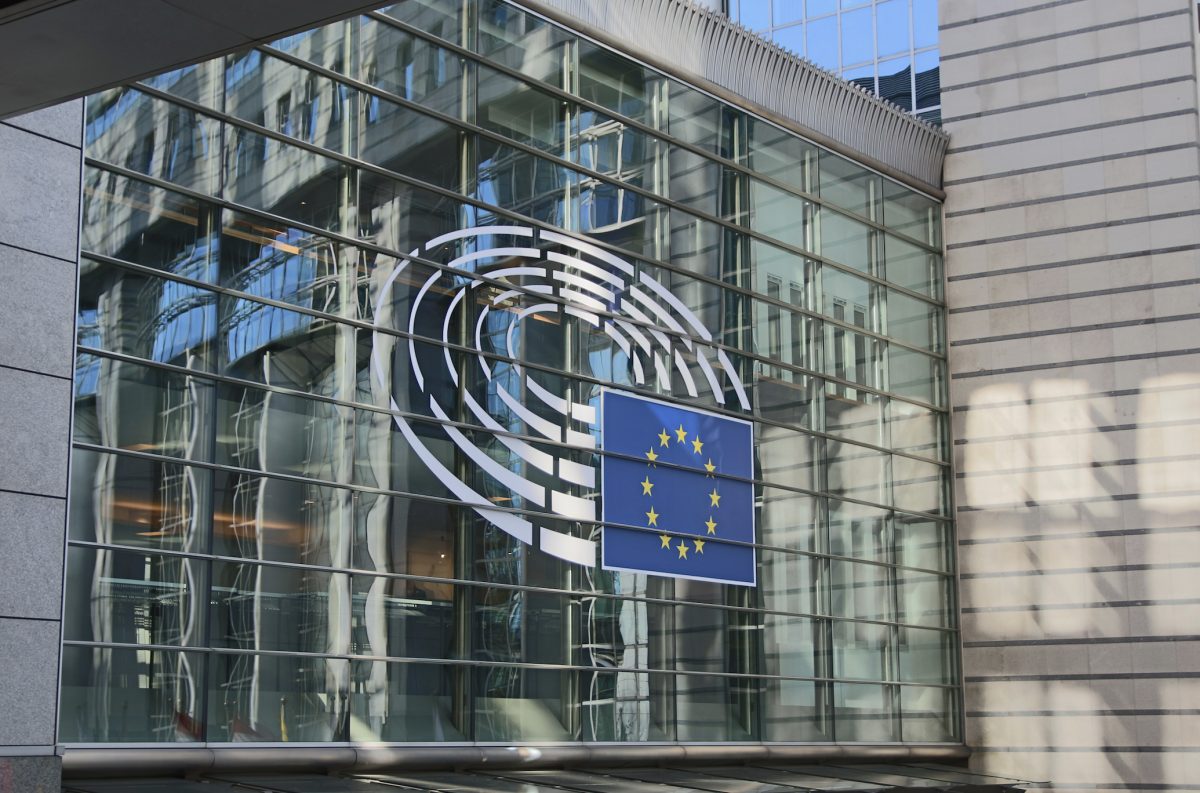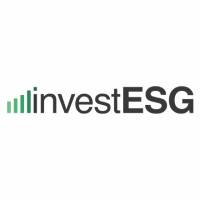Net-Zero Industry Act to scale up manufacturing of clean technologies in the EU
INSIGHT by the European Commission

Setting enabling conditions: the Act will improve conditions for investment in net-zero technologies by enhancing information, reducing the administrative burden to set up projects and simplifying permit-granting processes. In addition, the Act proposes to give priority to Net-Zero Strategic Projects, that are deemed essential for reinforcing the resilience and competitiveness of the EU industry, including sites to safely store captured CO2 emissions. They will be able to benefit from shorter permitting timelines and streamlined procedures.
Accelerating CO2 capture: the Act sets an EU objective to reach an annual 50Mt injection capacity in strategic CO2 storage sites in the EU by 2030, with proportional contributions from EU oil and gas producers. This will remove a major barrier to developing CO2capture and storage as an economically viable climate solution, in particular for hard to abate energy-intensive sectors.
Facilitating access to markets: to boost diversification of supply for net-zero technologies, the Act requires public authorities to consider sustainability and resilience criteria for net-zero technologies in public procurement or auctions.
Enhancing skills: the Act introduces new measures to ensure there is a skilled workforce supporting the production of net-zero technologies in the EU, including setting up Net-Zero Industry Academies, with the support and oversight by the Net-Zero Europe Platform. These will contribute to quality jobs in these essential sectors.
Fostering innovation: the Act makes it possible for Member States to set up regulatory sandboxes to test innovative net-zero technologies and stimulate innovation, under flexible regulatory conditions.
A Net-Zero Europe Platform will assist the Commission and Member States to coordinate action and exchange information, including around Net-Zero Industrial Partnerships. The Commission and Member States will also work together to ensure availability of data to monitor progress towards the objectives of the Net-Zero Industry Act. The Net-Zero Europe Platform will support investment by identifying financial needs, bottlenecks and best practices for projects across the EU. It will also foster contacts across Europe's net-zero sectors, making particular use of existing industrial alliances.
To further support the uptake of renewable hydrogen within the EU as well as imports from international partners, today the Commission is also presenting its ideas on the design and functions of the European Hydrogen Bank. This sends a clear signal that Europe is the place for hydrogen production.As announced in the Green Deal Industrial Plan, the first pilot auctions on renewable hydrogen production will be launched under the Innovation Fund in Autumn 2023. Selected projects will be awarded a subsidy in the form of a fixed premium per kg of hydrogen produced for a maximum of 10 years of operation. This will increase the bankability of projects and bring overall capital costs down. The EU auction platform can also offer “auctions-as-a-service” for Member States, which will also facilitate the production of hydrogen in Europe. The Commission is further exploring how to design the international dimension of the European Hydrogen Bank to incentivise renewable hydrogen imports. Before the end of the year, all elements of the Hydrogen Bank should be operational. Next StepsThe proposed Regulation now needs to be discussed and agreed by the European Parliament and the Council of the European Union before its adoption and entry into force. BackgroundThe European Green Deal, presented by the Commission on 11 December 2019, sets the goal of making Europe the first climate-neutral continent by 2050. The EU's commitment to climate neutrality and the intermediate goal of reducing net greenhouse gas emissions by at least 55% by 2030, relative to 1990 levels, are made legally binding by the European Climate Law.The legislative package to deliver on the European Green Deal provides a plan to put the European economy firmly on track to achieve its climate ambitions, with the REPowerEU Plan accelerating the move away from imported Russian fossil fuels. Alongside the Circular Economy Action Plan, this sets the framework for transforming the EU's industry for the net-zero age.The Green Deal Industrial Plan was presented on 1 February to boost net-zero industry and ensure the objectives of the European Green Deal are delivered on time. The plan sets out how the EU will sharpen its competitive edge through clean-tech investment, and continue leading on the path to climate neutrality. It responds to the invitation by the European Council for the Commission to make proposals to mobilise all relevant national and EU tools and improve framework conditions for investment, with a view to safeguarding the EU's resilience and competitiveness. The first pillar of the Plan aims to create a predictable and simplified regulatory environment for net-zero industries. To this end, in addition to the Net-Zero Industry Act, the Commission is presenting a European Critical Raw Materials Act, to secure a sustainable and competitive critical raw materials value chain in Europe, and has proposed a reform of the electricity market design that will allow consumers to benefit from the low production costs of renewables. All opinions expressed are those of the author and/or quoted sources. investESG.eu is an independent and neutral platform dedicated to generating debate around ESG investing topics.
